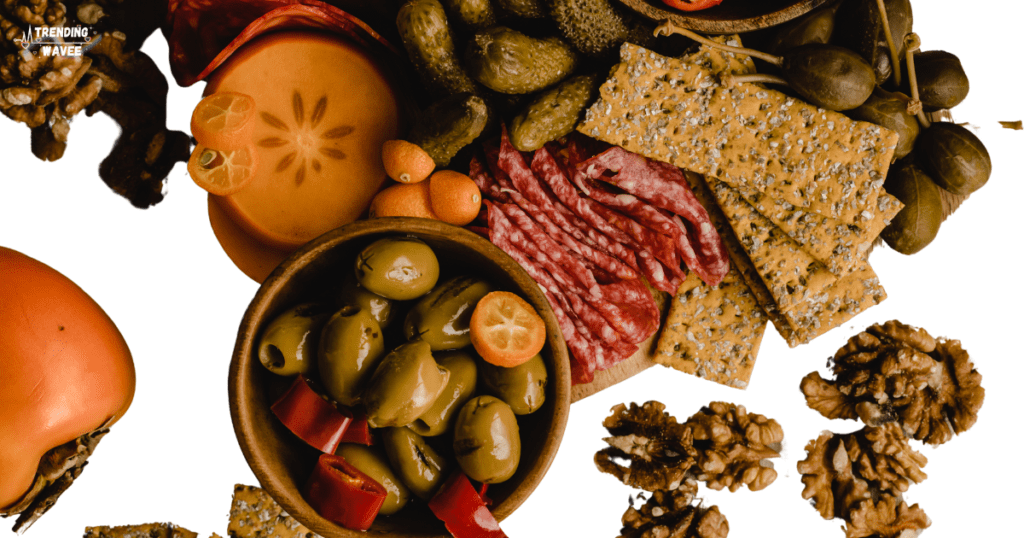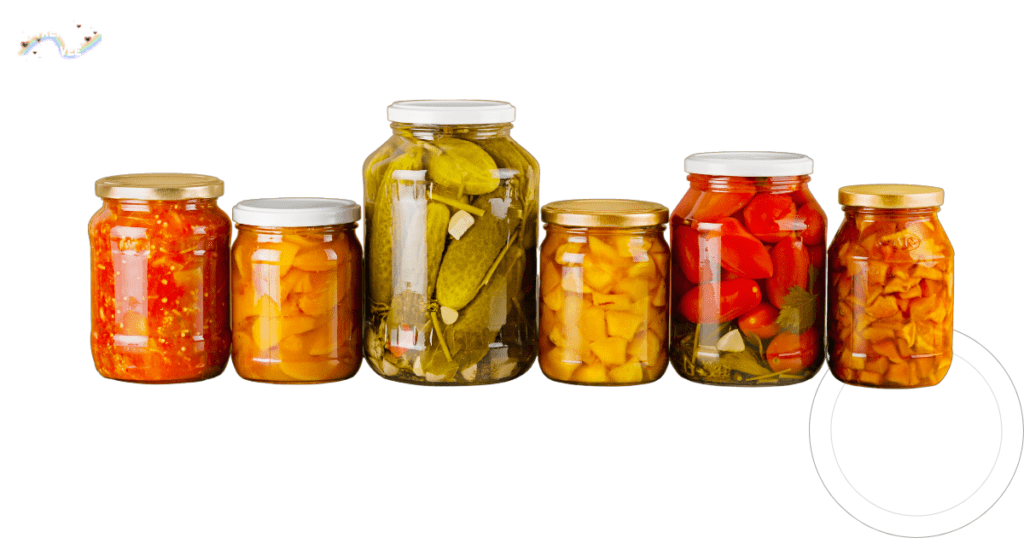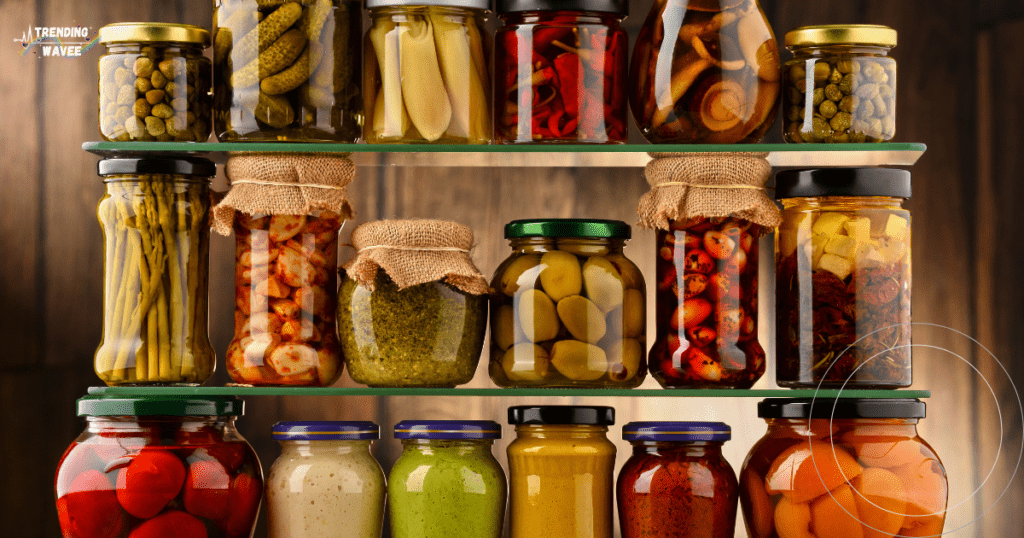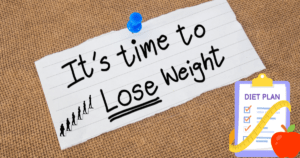Are Pickles Good for Weight Loss?

When it comes to weight loss, we often look for low-calorie snacks that won’t derail our progress. One snack that often comes up in discussions is pickles. But are pickles good for weight loss? Let’s dive into the benefits, potential downsides, and how pickles can fit into a healthy diet.
What Are Pickles?

Pickles start as cucumbers soaked in a brine made from water, vinegar, salt, and spices like dill or garlic. Over time, this process transforms cucumbers into pickles, giving them their distinct tangy flavor and crunchy texture. As the pickling process continues, the flavors develop further, and the soaking duration influences how strong the taste becomes.
You can enjoy pickles in various forms, ranging from sour to sweet, depending on the ingredients used in the brine. While cucumbers are the most common vegetable used for pickling, carrots, beets, and peppers can also be pickled.
Across the globe, people love pickles as snacks, side dishes, or toppings for sandwiches and salads. Moreover, pickles are a popular choice for those watching their weight because they offer a low-calorie option.
Nutritional Breakdown of Pickles
Pickles are essentially cucumbers that soak in a solution of water, vinegar, and salt. While cucumbers are already a low-calorie food, the pickling process doesn’t add many calories. In fact, most pickles contain only 5-10 calories per serving, making them a guilt-free snack.
Additionally, pickles are fat-free and contain a small amount of fiber, which helps you stay full for longer periods. However, because of their high sodium content, it’s important to monitor your intake, especially if you’re keeping an eye on your salt consumption.
Why Pickles Can Help with Weight Loss
Pickles can be a great option for weight loss primarily because of their low calorie count. You can snack on pickles without worrying about adding too many calories. Furthermore, the vinegar in pickles may assist with fat burning. Some studies suggest that vinegar can boost metabolism and help regulate blood sugar levels, both of which are key factors in managing weight.
In addition to these benefits, pickles also contain a decent amount of water and fiber. These two components help keep you feeling full and hydrated. When you’re full, you’re less likely to snack on unhealthy, high-calorie foods.
Potential Downsides of Eating Pickles for Weight Loss

Although pickles are low in calories and can be a valuable part of your diet, they come with a downside—high sodium content. Many store-bought pickles are loaded with salt, which can lead to water retention and bloating. This is not ideal if you’re trying to slim down, as the added water weight may make you feel heavier than you actually are.
To minimize this issue, you can choose low-sodium pickles or even make your own at home, where you control the amount of salt used.
How to Include Pickles in a Healthy Weight Loss Plan
Pickles can easily be added to your weight loss plan as a low-calorie snack or incorporated into meals for extra flavor. Here are some ideas:
- Snack on pickles between meals to curb hunger without adding too many calories.
- Add pickles to salads for a crunchy, tangy twist.
- Use pickles as a side with lean proteins, like grilled chicken or fish, to keep your meals light and balanced.
However, it’s important to consume pickles in moderation, especially if you’re concerned about sodium intake.
Pickles in Popular Diets
Pickles fit into a variety of diets, including low-carb and keto plans. Because pickles are low in carbs, they make a great option for anyone looking to reduce carbohydrate intake. The combination of crunch and tang can satisfy your cravings for salty snacks without reaching for processed, calorie-dense options like chips.
For those on a keto diet, pickles serve as a perfect snack that won’t interrupt ketosis. Just make sure to choose pickles without added sugars to keep them keto-friendly.
FAQs About Pickles and Weight Loss
Can pickles make you gain weight?
Pickles themselves are very low in calories and won’t cause weight gain. However, high-sodium pickles may lead to temporary water retention.
Are pickles fattening?
No, pickles are not fattening. They are fat-free and extremely low in calories, making them an excellent snack for weight loss.
Can I eat pickles every day for weight loss?
Yes, but in moderation. Because of their high sodium content, it’s best to limit your pickle consumption to avoid excessive salt intake.
Conclusion: Are Pickles Good for Weight Loss?
In conclusion, pickles can be a fantastic snack for weight loss due to their low calorie count, fat-free profile, and potential metabolism-boosting properties. However, it’s essential to keep an eye on your sodium intake, as too much salt can lead to water retention and bloating.
If you’re looking for a crunchy, tangy snack that won’t disrupt your diet, pickles can be an excellent choice. Just remember to balance your intake with other nutritious, low-sodium foods.
Healthy Pickle Snack Ideas
Here are some simple, weight-loss-friendly ways to enjoy pickles:
- Pickle and Veggie Snack Plate: Pair pickles with sliced carrots, celery, and bell peppers for a low-calorie, crunchy snack.
- Pickle and Lean Protein Wrap: Wrap a pickle spear in a slice of turkey or chicken for a quick, protein-packed snack.
- Pickle Salad Topping: Add diced pickles to your salad for extra crunch and flavor without adding too many calories.

Dill Pickles:
Dill pickles are the most common variety. Flavored with dill weed, they often have a sour and tangy taste. The dill herb directly gives them their distinctive flavor, making them a popular snack or topping for sandwiches.
Kosher Pickles:
Kosher pickles, similar to dill pickles, follow Jewish dietary laws. These pickles typically include garlic and salt in the brine, resulting in a more robust, garlicky flavor.
Bread and Butter Pickles:
Bread and butter pickles are sweeter than dill pickles. They combine sugar, vinegar, and spices like mustard seeds, creating a sweet-and-sour taste that’s often used as a condiment.
Gherkins:
Gherkins are small cucumbers pickled in a sweet and sour brine. They tend to be crunchier and milder in flavor compared to other types of pickles, making them a delightful snack or side dish.
Sweet Pickles:
Sweet pickles are heavily sweetened and work best as toppings or garnishes. With a less tangy, sugary flavor, people enjoy them for adding sweetness to dishes.
Fermented Pickles:
Fermented pickles, made without vinegar, soak in a saltwater brine. The fermentation process driven by natural bacteria creates a tangy flavor and enriches the pickles with probiotics, supporting gut health.
How Pickles Are Made
Brining:
First, cucumbers are soaked in a brine made from water, salt, vinegar, and optional spices. This brine preserves the cucumbers while infusing them with various flavors.
Fermentation (Optional):
Some pickles undergo fermentation. During this process, natural bacteria convert the cucumber’s sugars into lactic acid, giving fermented pickles their tangy taste and probiotic benefits.
Curing:
Finally, the pickles are left to cure in the brine for varying periods, depending on the desired flavor. The longer they cure, the stronger and more intense the taste becomes.





